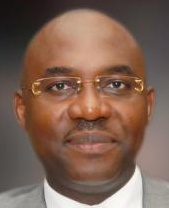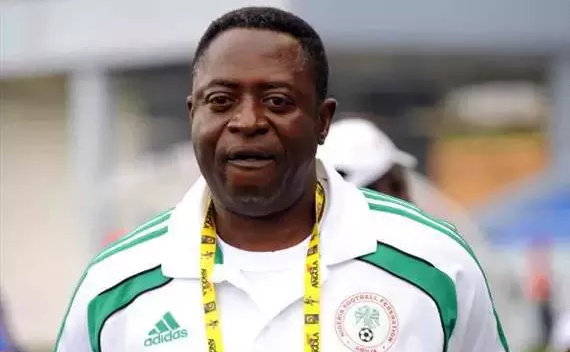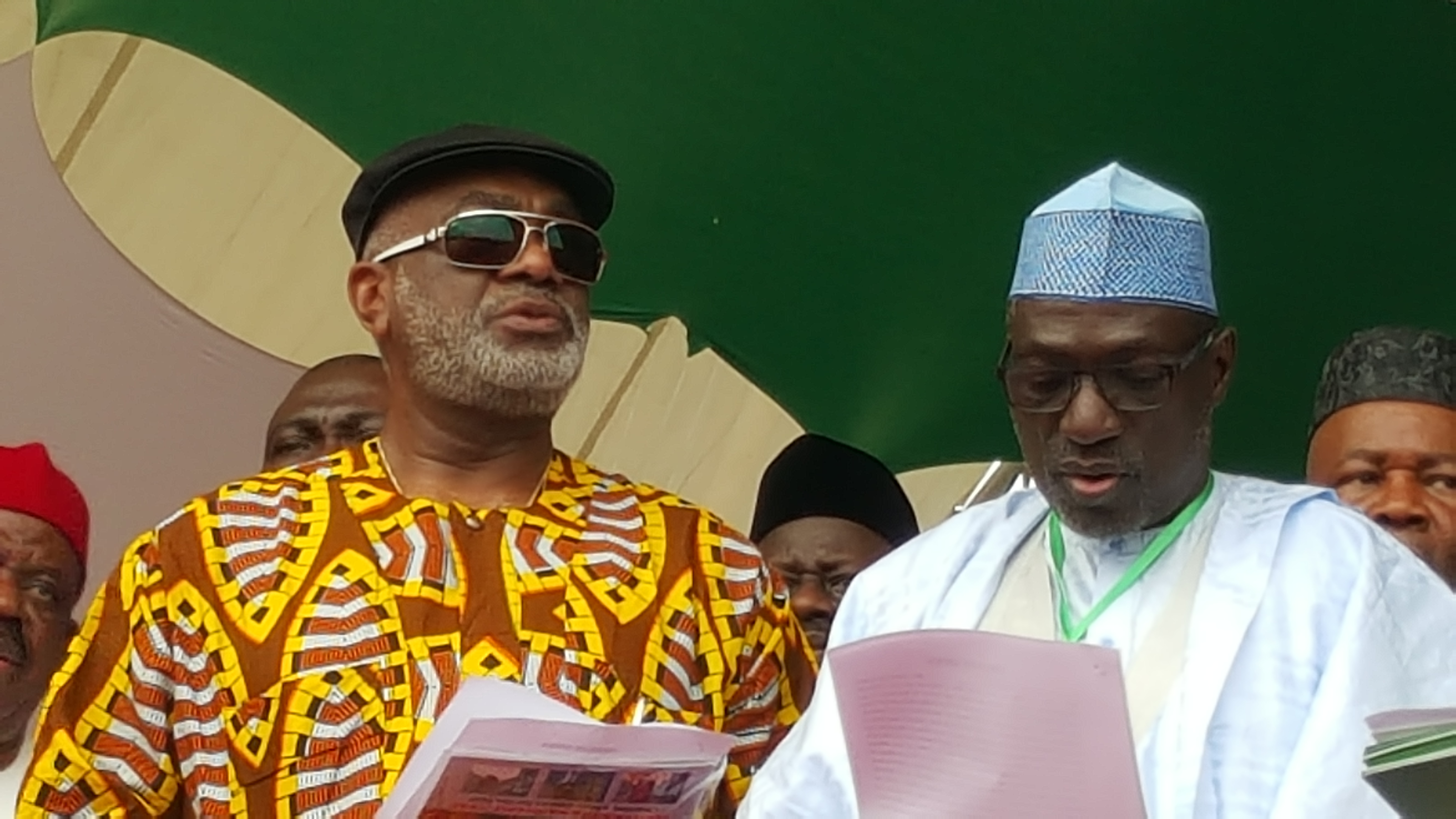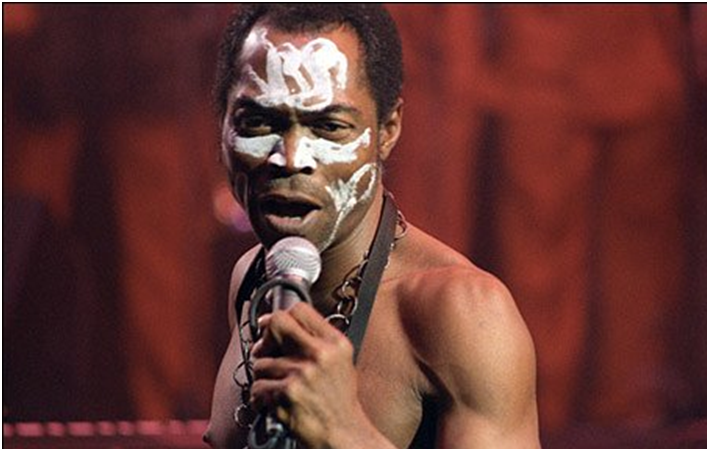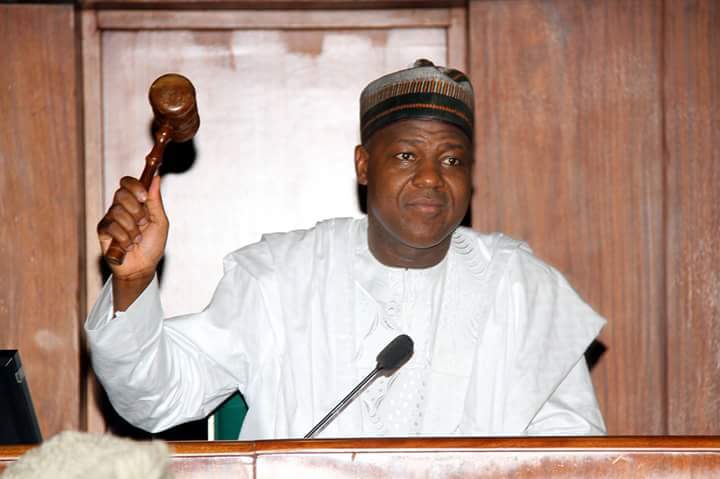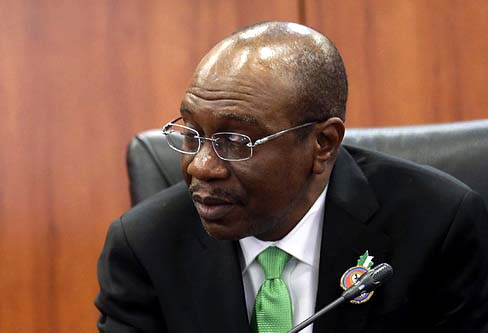Physics teaches us that lightning rarely strikes the same spot twice. The depth of shock experienced by the nation last week is therefore better imagined when, within a space of 72 hours, the lightning of death did not only smite Nigeria’s two most accomplished football coaches but curiously at the same location: Benin City.
The sudden death of Stephen Keshi and Shaibu Amodu is easily the worst sporting tragedy to befall Nigeria in a long time. Ironically, the latter had penned a moving tribute to the former in the condolence register opened in Benin penultimate Wednesday. Not knowing the terminal bell had begun to toll for him as well.
Both champs personified what could be described as the golden era of the Nigerian football. Keshi (aka the Big Boss) pioneered the migration of our talents to Europe in the 80s, thereby initiating the country into the world soccer community. Later as coach, he continued to perform magic. In 2013, he would assemble a team of nobodies who, despite poor incentives, proceeded to shock the nation by winning the 2013 Nations Cup after a two-decade drought.
It is, for instance, a testament to his genius that new stars like Sunday Mbah and Kenneth Omerua were discovered from the local league and unleashed on the global stage through the continental tourney in South Africa in 2013. Being a star himself, he therefore had no difficulty spotting another gem, even in the most unlikely place. Truly, only the deep can call to the deep.
Advertisement
It is easy to define the Keshi edge. His organic approach to talent hunt and team-building sharply contrasted the lazy opportunism of the fly-by-night “world class coach” our soccer administrators always seem obsessed with. Of course, the tactical secret of such expatriate is often not a little more than the commonsense to simply compile the names of our soccer ambassadors “doing well” in the European league for the purpose of winning international engagement.
Once the show is over, the smart “world-class coach” would hop on the next available flight to his home country, to return at the next payday or match.
Amodu, on the other hand, signposted the coming of age of the local ingenuity in coaching that however remains un-acknowledged, much less celebrated, till date. With the Clement Westerhof-inspired superb showing of the Super Eagles in 1994 first at the Nations Cup and later the World Cup, the Nigerian football was thought to have matured into a distinct character roughly described as the “rattle snake style”. Its strength laid in the syncopation of swiftly clinical wings, sleek midfield and a rock-solid defense. Its power and beauty were very much in evidence in the Kanu Nwankwo-led Eaglets who, two years later, dazed the world by winning the gold medal at the Atlanta Olympics.
Advertisement
But typically, the talisman was soon lost by those who took over the management of our football. Years later, Amodu brought some redemption. By qualifying Nigeria for the World Cup in 2002 and 2010, he defied all odds characterized by shoddy institutional support. Even at those sterling feats, he was hardly accorded the respect he deserved. A sad reminder of the biblical saying that prophet is never recognized at home.
Sadder still is the high probability today that both Keshi and Amodu died with some bitterness in their hearts on account of maltreatment they suffered at the hands of a nation they toiled so hard to make great. The details of Keshi’s autopsy are yet unknown. But relations reported symptoms of heart attack.
On the other hand, Amodu’s remains were interred last Saturday in accordance with his Muslim faith. But given that he also reportedly complained of chest pain, the cause may also not be too far from cardiac arrest arising from complications from a nagging diabetes his wife confirmed he had nursed over the years.
Not surprising, the Nigerian Football Federation (NFF), which meted indignity to Keshi and Amodu while alive, almost emptied the dictionary the next moment with the torrents of adjectives deployed to describe their contributions to the growth and the development of the beautiful game in Nigeria. But the sick joke is actually on those who have been shedding crocodile tears in the past ten days.
Advertisement
While I only met Keshi casually twice, Amodu I knew very well. While I served as Information Commissioner in Edo State, his path and mine inevitably crossed several times. Incidentally, the Information Ministry and the Sports Ministry share the same modest building in the Ezoti wing of the state secretariat. That proximity furnished us the opportunity to engage in debate from time to time.
Ordinarily taciturn, he came alive whenever our chat veered to the subjects of values and leadership. In that mode, he would gesticulate animatedly to give depth to his words and emotions. Nothing ached his heart than watching the upcoming ones, some of whom were benefitting from his coaching clinic, thinking lasting success could be achieved without hard work and dedication.
He was a study in humility. I can still picture his regular boyish smile, accentuated with trademark low-cut, with a parting on the left. He had a way with the little boys forever loitering the veranda of the Sports Ministry, dreaming a future of soccer, their boots often dangling on their shoulders, tied by their laces.
Since the tragic news last Saturday, the social media has been awash with sometimes outlandish theories, some speculating on the list of debtors and enemies he kept. The most sensational perhaps being a letter purportedly written by him widely published by the traditional media Tuesday. It not only claimed that Edo State owed him up to N25m but also barely concealed his anger at being shoddily dribbled and maltreated specifically by Comrade Adams Oshiomhole.
Advertisement
Thankfully, a clarity was brought to the new controversy a day later with the state government making public a memo, said to have been submitted by Amodu to the office of the Secretary to the State Government (SSG) penultimate Wednesday, which content and tone sharply contrast with the angry one earlier circulated. Contrary to the N25m earlier bandied, Amodu only claimed N8m arrears in the version presented by the state government.
The big puzzle: who then could have doctored a letter presumably submitted to the state government confidentially and caused its circulation? What could possibly be the motive? Really, it would be very strange indeed for an ex-worker soliciting payment of a claim and desirous of quick result to adopt the insolent, if not incendiary, language of the first letter. Given the pervading grief, this obviously cannot be the most auspicious moment to seek answers to these big questions.
Advertisement
But whatever the misgivings he might have had over the non-renewal of his contract last year, I believe the worst assault anyone could do to Amodu’s memory is suggest that he had forgotten or, even for a moment, became unappreciative of the solidarity and succour given him by someone in his hour of need back in 2010.
True, there will never be a perfect working environment or relationship anywhere in the world. But I can attest that once to twice that our chat veered to his past ordeal at the hands of the nation’s soccer administrators, Amodu drew solace from the fact that his native Edo State came to his rescue when it mattered most after being literally humiliated twice on the national stage by the football federation. His reward for helping to qualify Nigeria for the 2010 World was an unceremonious sack. He had similarly helped qualify Nigeria for the World Cup in 2002, only to be dumped for someone else to lead the Super Eagles to the tournament.
Advertisement
While NFF quickly raised millions of dollar to hire a foreign coach and fund a jamboree to the World Cup in South Africa in 2010, Amodu was left in the cold in Nigeria. It was at this point that Oshiomhole invited him and made an offer to wipe his tears.
As national coach, his earning was said to be N800k circa. So, there was now a snag: Commissioner’s net pay after tax was around N400k while governor’s was a little over N600k. To make up, Oshiomhole decided to designate Amodu as a consultant with a compensation package of N2m monthly plus other fringe benefits. Apart from the payment of a sign-on fee. His job description was to run a coaching academy to discover and groom soccer talents from primary and secondary schools in Edo State. So, the state-owned Sam Ogbemudua Stadium became his workshop.
Advertisement
Was Amodu satisfied with the package? I bet he was, particularly given the spirit behind the gesture. Nothing best expressed this than the accustomed passion he brought to the job until the contract expired last year. That coincided with the onset of the cash crunch in the federation with more than two-third of the states owing back wages, with most left to reorder their priorities to stay afloat.
Once it became certain that Edo was no longer buoyant to renew his contract, Amodu moved on to another job with the football federation as a technical director. It has been confirmed that his last employer (NFF) was owing him arrears of salaries before his death last week. One account even stated the cash woe had seriously weighed him down. It was most likely against this background that Amodu had no other option than return to Benin last week to file a claim for the period between when his contract expired and when the NFF job came believing Oshiomhole, who related to him more as a big brother, would approve on compassionate grounds.
On the whole, Amodu’s case is quite reflective of the pervasive culture of abuse by the NFF that seems more fixated on dollars-earning foreign coach but feels no qualms subjecting Nigerians performing tasks even more demanding to starvation, if not destitution, like the foregoing story clearly illustrates. While the NFF executives appear to lead champagne lifestyle with the guaranty of First-class travels and hotels worldwide, players and coaches mostly spend their latter lives in pain and penury.
This endemic culture of abandonment, it would seem, is what in turn breeds the mercenary mentality among players still active in their careers. It speaks to the growing craze for instant gratification. Soccer internationals invited home to wear national jerseys would insist flight ticket and bonuses be paid before they even enter the field of play. Unsure of what tomorrow holds, they want to make the best of today when their feet can still carry them.
If nothing at all, the Amodu case should serve as a wake-up call to reorder football administration in the country in a manner that will profit, not the fat cats at the Glass House exclusively, but also the hardworking coaches, players and club owners/managers whose sweat and toil give life to the game in Nigeria.
Osun’s macabre dance
In moments of social dilemma when power is thought to be tainted by partisanship, it is often to the temple of the bar that a society looks for clarity and direction. In the hand of the conscientious judge, the spirit of the law in fact comes alive over the iceberg of technicalities. Then, the wise judge will creatively sidestep the usual bogey of precedents with an interpretation that best captures the essence of justice in both letter and spirit, thereby ensuring continued harmony and balance of the society at large.
Sadly, the exact opposite of the foregoing is what is presently playing out in Osun State. A strange ruling by a judge is stoking sectarian tension and could potentially ignite a conflagration with dire implication for national security and stability. Specifically, the past few days witnessed a theatre of the absurd at the Baptist High School, Iwo, as students of the Christian faith came to school wearing all manner of regalia associated with the church. To the Tesbir their Muslim classmates had brandished, the Christians flaunted rosaries.
It was all supposed to be their own affirmative action against a judgement entered on June 3 by Justice Jide Falola giving students of Muslim faith freedom to wear hijab to schools as “part of their fundamental rights.”
In their own reaction, the state branch of the Christian Association of Nigeria (CAN) reckoned it would amount to dignifying the judgement by going to a superior court to challenge it. To them, what makes it even more unbearable is that the very school where hijab is now welcomed was originally built and owned by Baptist missionary.
Not to be outdone, they simply resorted to encouraging their wards to wear any church costume imaginable to the classrooms. Not to take chances, some Christian parents volunteered to accompany their wards to the school to ensure no one molested them over their sartorial preference.
One of the CAN leaders, Paul Olagoke, a catechist and head of the Catholic bloc in the Iwo district, put very bluntly: “We’re here to defend our religious right, to ensure that nobody chases away our children for deciding to wear choir robes and other church-related clothes to school.
“We told the government before the school merger that we did not want Christian schools to be merged with other schools to avoid this kind of situation. We’re determined to make sure that Christianity is not eradicated in the schools established with the sweat of our forefathers in the faith.”
As if acting a comedy script, the pupils in the conflicting attires were however said have remained cordial as they exchanged pleasantries. A fact confirmed by the school’s principal, Omotayo Arowolo, with a cynical emphasis. To those who might be losing sleep, he quipped: “You can observe by yourself that there is peaceful atmosphere in the school compound and learning is progressing well without disturbance.”
But the atmosphere of normalcy and tranquility painted by Arowolo is nothing but false. Otherwise, the Osun State Government would not have ordered the school’s closure yesterday.
Before the recourse to the self-help by Christian parents, the state director of the Department of State Security (DSS) was said to have hosted CAN leaders with an appeal that they back down for the sake of peace. A plea that apparently fell on deaf ears. For now, no one can tell what happens next.
But the truth must be said: the June 3 ruling was most unreasonable. It is most unfortunate that a judge, without regards for the religious sensibilities of other citizens in a supposedly secular state, could take liberty to interpret the constitution in such a reckless manner. It is the most insensate thing to do at delicate times like this when the fissures in the nation’s fault-lines appear to be widening by the day.
Coming to think of it, it is even incorrect to assume only Christianity and Islam define our religious identity as a nation. Among the citizenry will be found practising traditionalists as well, for instance. Pray, if Muslims and Christian kids were allowed to don the hijab and the white collar respectively in the classrooms, on what moral basis shall we be stopping children of juju worshippers from tying amulet around their wrists if they so wished?
Even more dangerous is the exposition of innocent pupils at this tender age to the sectarian politics that has more or less corrupted the larger society. Rather than teaching love and the virtue of peaceful co-existence, we are inadvertently infecting the little ones with the virus of hate. What a shame.
Already, Governor Rauf Aregbesola has responded in a manner anyone so caught in the middle would have by clarifying that the hijab approval was only a judicial pronouncement and not the policy of his administration. Unfortunately for Ogbeni, the negative publicity this sartorial dust has generated at the Iwo school appears to have suddenly overshadowed his inauguration lately of a number of reconstructed public schools elsewhere in the state which ordinarily is praise-worthy. His burden is not lightened by the fact that he is Muslim himself, though generally seen as very accommodating of those who share different faiths.
But rather than merely directing school authorities to deal with pupils who come to schools in uniform not approved, Ogbeni can show greater sagacity in the circumstance by directing his Attorney General to take legal steps to set this divisive ruling aside expeditiously, in case no NGO had already done so.
Beyond that, it would also not be out of place if the National Judicial Council, as the custodian of the juridical tradition, weighs in to spare our society the anarchy likely to germinate from this kind of toxic ruling.
Views expressed by contributors are strictly personal and not of TheCable.
Add a comment
